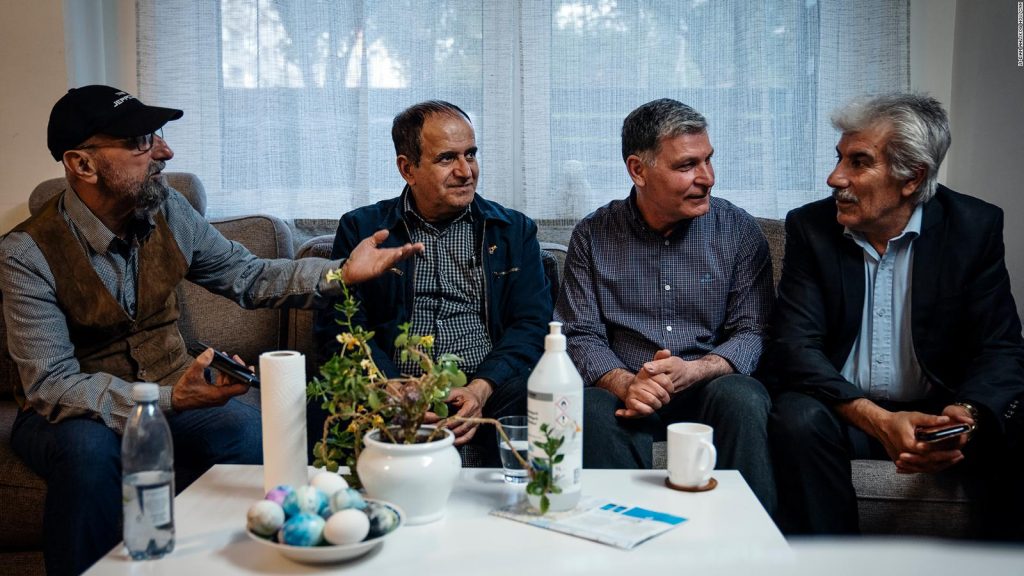Anxious times for Sweden’s Kurds as country attempts to join NATO

“It’s our local highlight; a chance to celebrate our culture,” Bahir beamed, before conceding that the celebrations felt bittersweet this year, now that Sweden’s Kurdish community has found itself caught up in the country’s Sweden denies sheltering people with links to such movements and has pointed out that the PKK is banned in many parts of the world, including the United States, the United Kingdom and the European Union, of which Sweden is a member. The YPG, however, has enjoyed support from some Western nations for its role in helping to repel ISIS.Meanwhile, Finland, home to fewer refugees of Kurdish origin, has also voiced its own “tough-on-terrorism” stance.So far such pronouncements, furious diplomacy and backing from the White House haven’t been enough to break the deadlock and overcome Turkey’s objections.Delegations from Turkey, Finland and Sweden are meeting Monday at NATO headquarters in Brussels to discuss Turkey’s concerns, a NATO official confirmed to CNN. Speaking at a joint press conference last week, Finnish Prime Minister Sanna Marin said Finland and Sweden were “taking all the issues very seriously and are having talks.” But, she added, “I also think that it’s also Turkey’s responsibility to try to find solutions at this stage.” Lawmaker Amineh Kakabaveh, who is originally from Iran, is one of five Swedish parliamentarians reportedly on Turkey’s extradition list. “I’ve been on my guard for the last six to seven years,” Kakabaveh told CNN. “If people see that I, a Member of Parliament without roots in Turkey, can be threatened, it is a problem for freedom of expression in European countries, for migrants, for asylum seekers.”This is a threat against democracy. By not standing up for our rights, we contribute to other problems. Today it is Turkey’s demands, tomorrow it can be another country’s,” she said.She noted other prominent Kurdish figures on the list, such as 74-year-old writer and Nobel Peace Prize nominee Ragip Zarakolu.Zarakolu told CNN he knows what Turkish prisons are like, having first been incarcerated there in the 1970s and most recently in 2012 for publishing works in defense of minorities — like Kurds — before being invited to settle in Sweden.”Calling me a terrorist. It’s ridiculous. Here’s my weapon,” Zarakolu said, holding his pen aloft. “Does it shoot bullets?”Of course, Sweden is not going to extradite me,” he added. “But it’s harassment.”CNN’s Talia Kayali contributed to this report.




